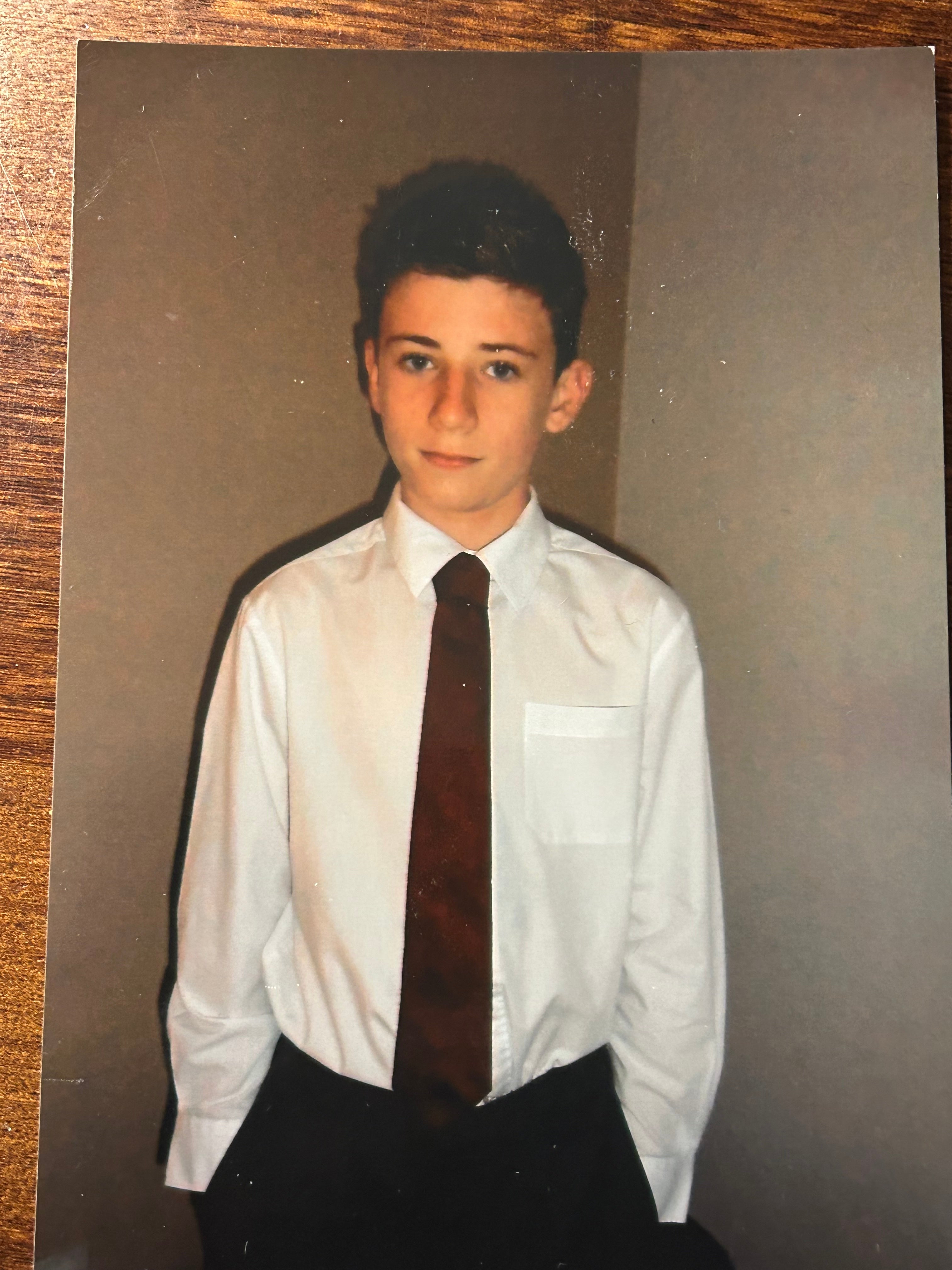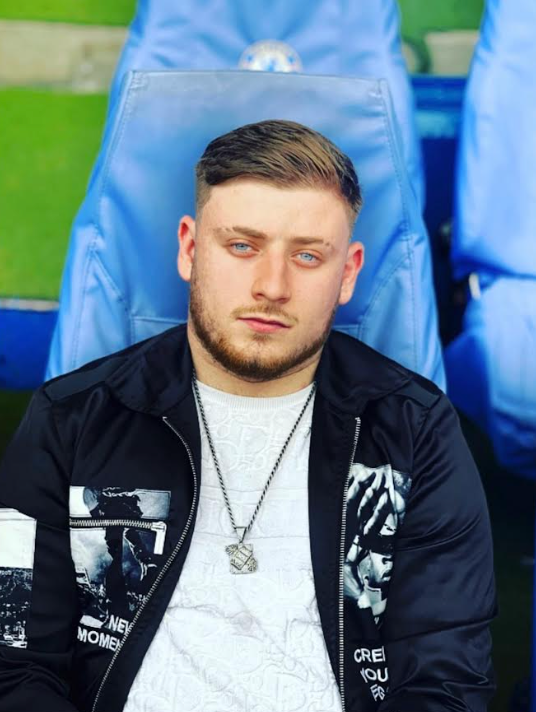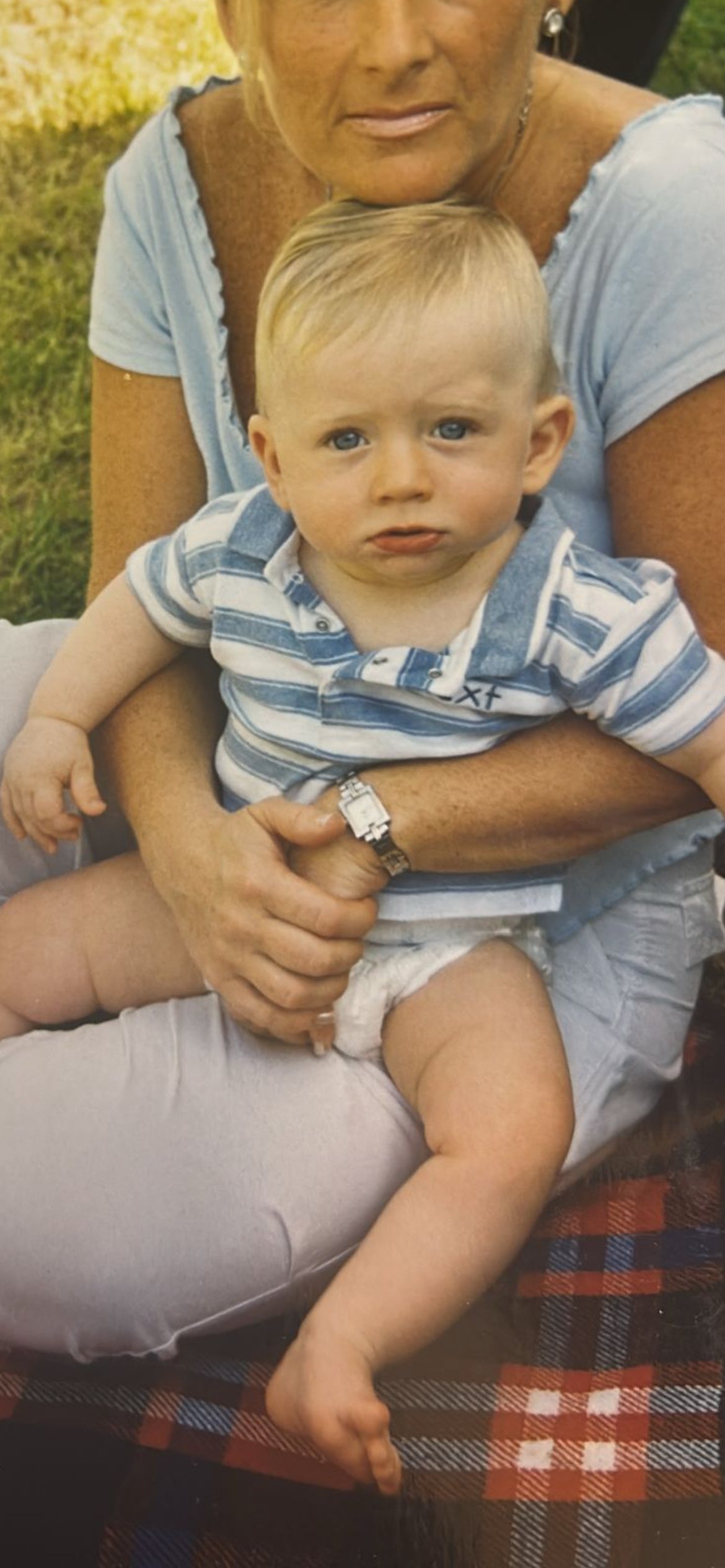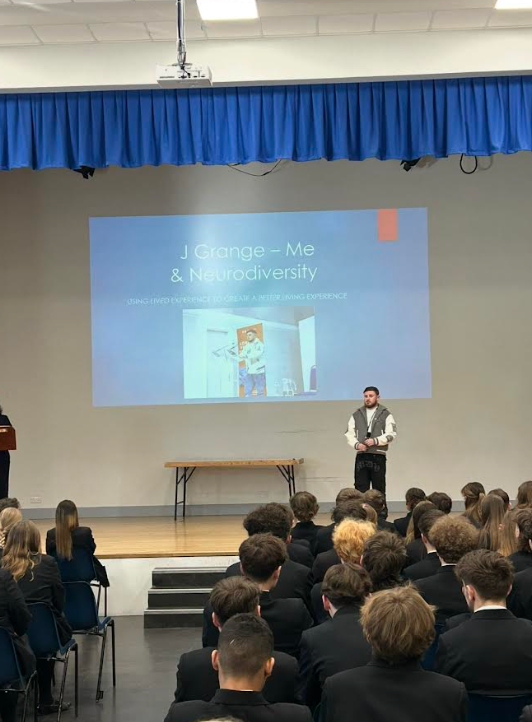- News
- UK
- Home News
As The Independent launches SafeCall – a new service to help bring missing young people to safety – Tara Cobham speaks to support worker J Grange, who is calling for tailored support for neurodivergent children at risk of disappearing, just as he once was
Friday 28 November 2025 05:00 GMT
 Close‘My undiagnosed ADHD was biggest catalyst in going missing’
Close‘My undiagnosed ADHD was biggest catalyst in going missing’
Get the free Morning Headlines email for news from our reporters across the world
Sign up to our free Morning Headlines email
Sign up to our free Morning Headlines email
 Email*SIGN UP
Email*SIGN UPI would like to be emailed about offers, events and updates from The Independent. Read our Privacy notice
At just 13 years old, J Grange was disappearing from home again and again. He had been excluded from school, was in trouble with the police, and was written off as disruptive. In reality, he was a child in crisis, struggling with undiagnosed ADHD and sinking into depression, anxiety and suicidal thoughts.
“I just didn't want to be seen by anybody,” Mr Grange told The Independent. “The easiest option for me was to run, just run, go missing... It was a few times, it wasn't just the once... It was normally almost like a defence mechanism for when I was struggling mentally and with my neurodivergence.”
The Independent is joining forces with Missing People to launch a new service that will be a lifeline for children in crisis. Co-designed and piloted by young people themselves, SafeCall will offer the support, safety and connection they need.
Our goal is to raise £165,000 to help fund this free service so that the 70,000 children reported missing each year can find safety. The charity currently reaches one in four of those children and, with your support, SafeCall will reach many more.
Donate here or text SAFE to 70577 to give £10 to Missing People – enough for one child to get help.
 open image in galleryJ Grange pictured during the time in secondary school when he was getting excluded and going missing (J Grange)
open image in galleryJ Grange pictured during the time in secondary school when he was getting excluded and going missing (J Grange)The charity, along with senior psychologists, has previously warned that neurodivergent children could be in greater danger of going missing and are at heightened risk of harm such as exploitation while they are away. Despite mounting evidence from frontline services, Missing People says there is still a stark lack of formal research, with early indications suggesting the scale of the issue could be far greater than records currently capture.
There are fears that young people with conditions like autism and ADHD are being left without the specialist support they need, and the charity is calling for tailored interventions to prevent children falling through the gaps.
Mr Grange, from Essex, said he was one of those young people as he joined calls for more targeted support. “Neurodivergence is the thing that makes me, it’s given me all the strengths I’ve had in my life, but it also gave me a lot of negatives because of being undiagnosed as well. At the time I was going missing, I didn’t know what was going on. And that’s what led to the school exclusions, the getting in trouble with police, the in and out of court, detentions, isolations, you name it.
SafeCall“And it was the biggest catalyst for me going missing, 100 per cent. When I would go missing, it was just taking a break from everything. But even when I’d go missing, my brain wouldn’t shut down, because ADHD goes a thousand miles per hour. I was overthinking, I was nervous, I was thinking, what’s going to happen, what are my family going to think, what are my friends going to think?
“So it’s a massive issue, and I think it’s one of the things that gets overlooked. We seem to miss neurodivergence.”
It is estimated that more than 15 per cent of people in the UK are neurodivergent, according to NHS Scotland. Before his diagnosis, Mr Grange described struggling with low self-esteem and emotional dysregulation, “hating myself, not understanding myself, thinking I'm bad, I'm naughty, I'm unintelligent, I'm lazy”.
After going missing multiple times between the ages of 13 and 15, he was diagnosed with ADHD at 16 and soon stopped disappearing. “After the diagnosis, I understood myself more, which gave me clarity, and I stopped all the negative things, going missing and dealing [drugs] and changed my life around,” Mr Grange, who has also now been diagnosed with dyspraxia, said.
 open image in galleryMr Grange is now an adviser for Missing People (J Grange)
open image in galleryMr Grange is now an adviser for Missing People (J Grange)“If my ADHD had been understood, I wouldn't have gone down the shocking mental health journey that I went on, with depression, anxiety, suicidal thoughts, a suicide attempt. It all linked back to my ADHD and my, at the time, undiagnosed neurodivergence. My ADHD was the biggest catalyst for going missing, and my ADHD not being understood was even bigger.”
Now an adviser for Missing People, he said a “brilliant, trustworthy” service such as SafeCall could have changed the course of his life. “If something like this had been around when I was younger, I wouldn't have felt all the things I felt, I wouldn't have continually gone missing. It's very important that people donate and see this as an important cause, because we don't want another lost generation of people going missing.”
This is especially critical for neurodivergent young people, he added. Missing People says charities across the sector have raised concerns that neurodivergent children make up a disproportionately high number of missing cases. Mr Grange said: “Why is it that one in seven is neurodivergent, but we are not talking about neurodivergence when young people go missing?”
 open image in galleryMr Grange pictured as a baby (J Grange)
open image in galleryMr Grange pictured as a baby (J Grange) open image in galleryMr Grange now works as a public speaker, entrepreneur and neurodiversity advocate (J Grange)
open image in galleryMr Grange now works as a public speaker, entrepreneur and neurodiversity advocate (J Grange)In a message to young people at risk of disappearing, Mr Grange, who now works as a public speaker, entrepreneur and neurodiversity advocate, said “there is strength in difference”, and urged his younger self to learn more about his diagnosis, “realise your potential and realise your strengths”.
Please donate now to The Independent and Missing People’s SafeCall campaign, which aims to raise £165,000 to create a free, nationwide service helping vulnerable children find safety and support.
For advice, support and options if you or someone you love goes missing, text or call the charity Missing People on 116 000. It’s free, confidential and non-judgemental. Or visit www.missingpeople.org.uk/get-help
If you are experiencing feelings of distress, or are struggling to cope, you can speak to the Samaritans, in confidence, on 116 123 (UK and ROI), email [email protected], or visit the Samaritans website to find details of your nearest branch. If you are based in the USA, and you or someone you know needs mental health assistance right now, call or text 988, or visit 988lifeline.org to access online chat from the 988 Suicide and Crisis Lifeline. This is a free, confidential crisis hotline that is available to everyone 24 hours a day, seven days a week. If you are in another country, you can go to www.befrienders.org to find a helpline near you.




